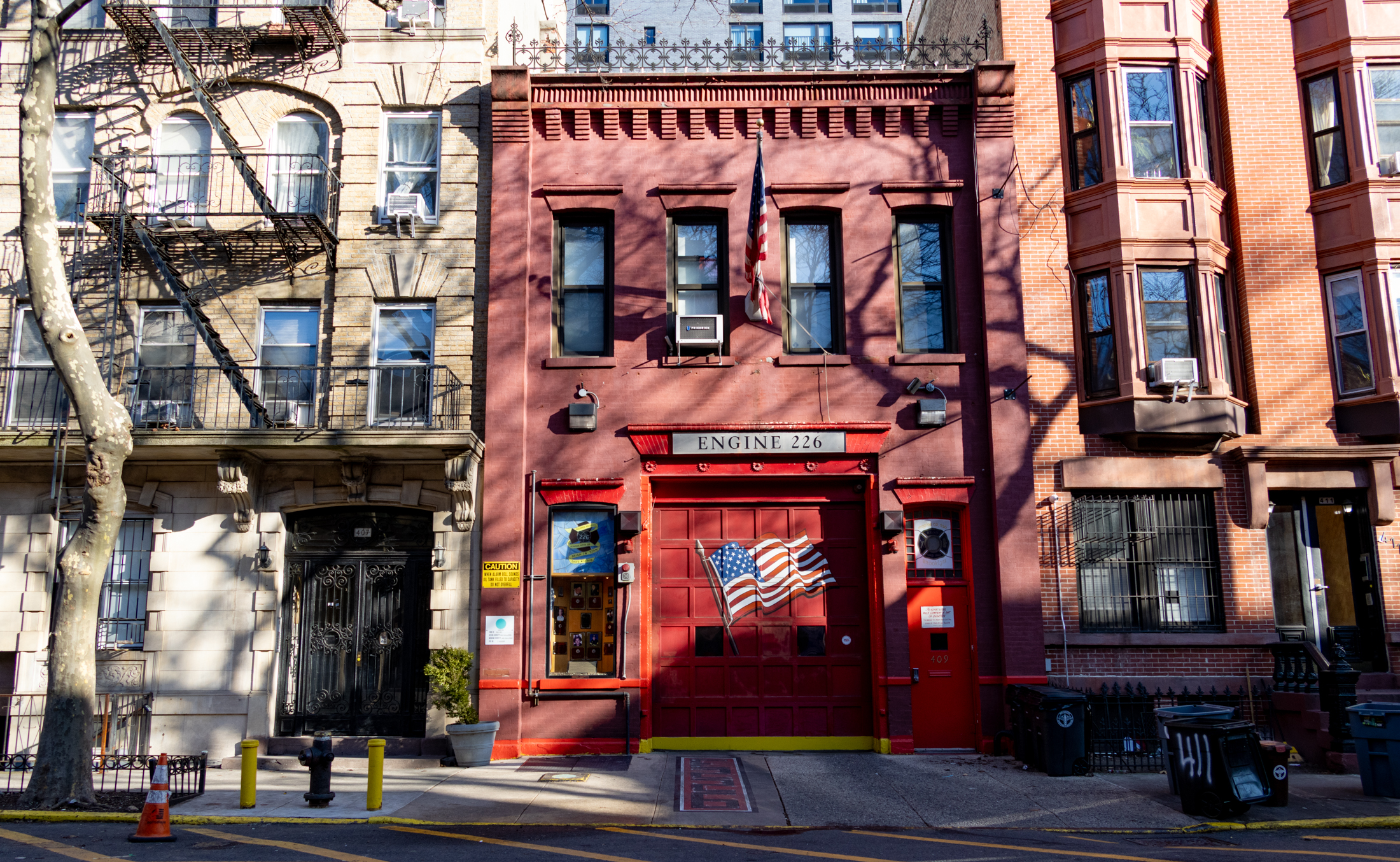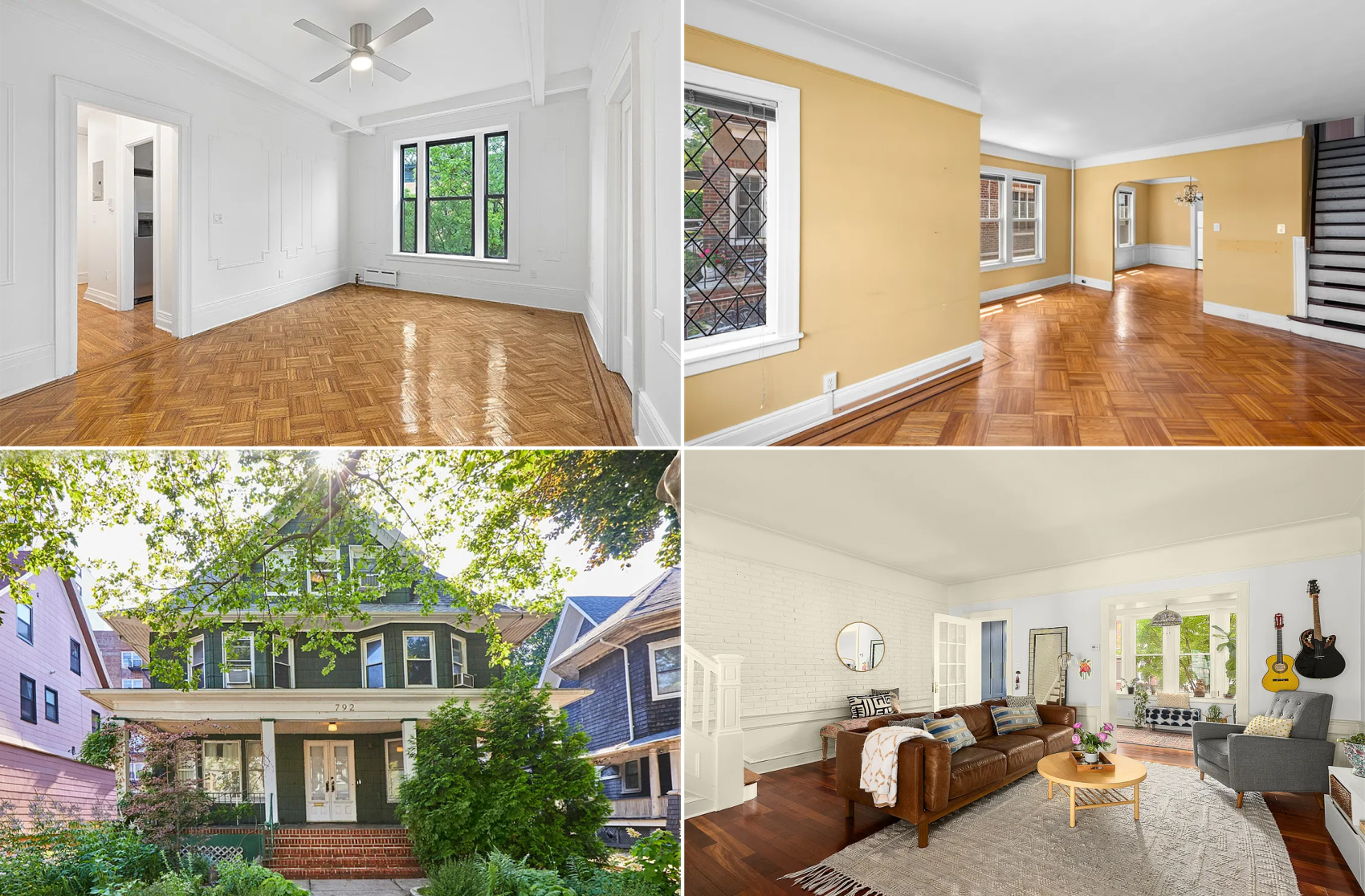Grim News for Subprime Borrowers
Brutal. There’s no other way to describe the findings in a new study of the subprime lending market by the Center for Responsible Lending. The North Carolina-based research group predicts that one in five subprime mortgages made in the last two years will end up in foreclosure. In all, about 2.2 million people who’ve taken…

 Brutal. There’s no other way to describe the findings in a new study of the subprime lending market by the Center for Responsible Lending. The North Carolina-based research group predicts that one in five subprime mortgages made in the last two years will end up in foreclosure. In all, about 2.2 million people who’ve taken out the loans since 1998 are expected to lose their homes. The foreclosures are higher than they need to be because a number of loan features in the subprime market place borrowers at unnecessary risk, says Keith Ernst, senior housing counsel at the research center. Not surprisingly, minorities are feeling the brunt of effect: More than half of African-Americans and 40 percent of Hispanics received subprime loans.
Brutal. There’s no other way to describe the findings in a new study of the subprime lending market by the Center for Responsible Lending. The North Carolina-based research group predicts that one in five subprime mortgages made in the last two years will end up in foreclosure. In all, about 2.2 million people who’ve taken out the loans since 1998 are expected to lose their homes. The foreclosures are higher than they need to be because a number of loan features in the subprime market place borrowers at unnecessary risk, says Keith Ernst, senior housing counsel at the research center. Not surprisingly, minorities are feeling the brunt of effect: More than half of African-Americans and 40 percent of Hispanics received subprime loans.
Study Predicts Foreclosure for 1 in 5 Subprime Loans [NY Times]





Jon, (I am the anon who criticised your logic yesterday)–I see what you’re saying, I agree with you in terms of the financial upside/downside for borrowers that are putting in little or no equity. But I just think the way you’re looking at it is a little too clinical–I think the trauma to a poor person from losing their home is much more intensively negative than the upside from making some money is rewarding. That’s obviously just my judgement.
Also, not to beat a dead horse but the ability of the borrower to make the payments is the KEY factor in a foreclosure. The house value can drop 50% but if they can afford to keep making the payments they will NEVER be foreclosed on. But anyway, that’s just splitting hairs, you obviously know your stuff.
Ok, so I did understand that right. It seems like it depends which side you’re looking at it from. If you’re looking at it from a purely financial, zero-sum perspective, then yes, the bank loses out when the homeowner is foreclosed on and the owner’s loss of a downpayment and any payments they’ve made to date is “negligeable”.
If you’re looking at it from the homeowner’s perspective, not only have they lost what little life savings they had, they’ve also lost their home and any future chance of owning a home, thanks to their (now even more) abysmal credit rating. (I completely disagree, by the way, with the statement that because the home in question had no equity, the homeowner never really owned the home anyhow. That’s just not true from any perspective, and certainly not true from a legal or personal perspective.)
I understand that in our current economic system, we’re supposed to consider entities (banks, corporations, etc) as having economic interests that can be weighed against the interests of an individual and found to be more important. Corporations have “rights”, in other words: in most cases, the “right” to make a buck. It’s what drives our economic system and keeps us all, indirectly, fed and clothed.
But we all know what happens when those entities are given free rein. We have laws that are meant to protect us from these entities’ excesses, and with good reason. Some of these laws are meant to protect people from discrimination (just because you’re a minority, or poor, or live in a certain neighborhood doesn’t mean you shouldn’t have access to economic resources like mortgages), and some of these laws are meant to protect us from being preyed upon (just because you’re poor doesn’t mean the bank can lie to you about the terms of your mortgage, or use obfuscating language to avoid fully explaining the mortgage to you).
I don’t know if this is one of those cases where the banks have been abusing their power or not fully disclosing the risks associated with these loans, but the end result is that a lot of people are losing their homes AND being economically steamrolled, and I would like to see, at very least, some kind of investigation into how much “disclosure” (a key, key term) has been practiced in these cases. Maybe something along the lines of the recent legislation requiring cell phone providers to use clear language when they bill you for their innumerable taxes and fees?
Not having enough income to pay a mortgage is necessary, but not sufficient, to precipitate a foreclosure. The house has to go down in value — otherwise the owner would simply sell it and pay off the loan. This is not “chicken and egg” or even coincident factors. The house has to be worth less than the mortgage for foreclosure to happen. It is the market value of the house which, therefore, drives foreclosures.
While borrowers taking out funky mortgages (negative amortization, zero downpayment, etc.) can lose their house when the worst case transpires, they can also make a lot of money if things go their way. They are making a leveraged bet. A lot of people don’t realize the bet they are making — and that is an issue of education and disclosure. But the vast majority of people who get into trouble with their mortgage got caught in a falling housing market + bad employment market (think Cleveland or Detroit) that was exacerbated, though not caused, by a mortgage that got them into a house that they couldn’t have bought without the features. Those mortgages are not a free lunch and anyone who thought it was (or should be after the fact) is living in a fantasy world.
And walking away from a house in foreclosure does mean an involunatary loss of yor home. Absolutely true. But it also means not having the debt anymore and a transfer of the negative equity from the homeowner to the bank. Heads (= mkt value of house rising) means the homeowner wins and the bank wins, tails (= mkt value of house falls) means the bank loses and the homeowner is flat (less the 2% downpayment, which is really the cost of admission to the casino).
Setting aside the important debate of providing opportunity v. predatory practices….
Did I read this right?
This article says that 25% of the current mortgage market falls in the sub prime category and that 1/5th of it will foreclose. That’s 5% of the current mortage market.
Given that the current foreclosure rate is something closer to 1%, we’re taking about perhaps a 400% increase in foreclosures. That’s a helluva lot of housing stock falling onto banks’ books, who in turn I would expect to dump them asap.
In other words, to the extent that this article is accurate, is a collapse in the low end of the housing market as interest rates rise a relatively easy prediction to make?
Consume, consume, consume. It’s so true. It’s all anybody does in this country. And corporate America and pop culture (status object obsessed celebrities) encourages it. Every time I am at Target I see lines of people buying things that we know most of them can’t afford.
Subprime ABS Trader,
Everyone has a FICO score. Subprime borrowers are essentially those who have scores that fall below the national average.
Lenders use it as a “method of determining the likelihood that credit users will pay their bills.”
I feel sorry for stupid people.
A few more comments:
1. Home value is of critical importance to subprime borrowers. Let’s say you paid 0% down for a 250k house in Jan 2004. After twelve months of struggling, you figure out that you really can’t afford the monthly mortgage payments. If your house was now worth 300k, you sell it, pay off the mortgage, and walk away with a 50k profit.
The problem is that in recent memory housing prices only went up. The fact that housing prices right now are stagnating, or even worse, homes are just not selling, reverse the above situation. Now it’s a year later, you owe the bank 250k but the house is worth only 230k (based on comps) but you can’t even find any buyers there, and you’re falling further and further behind on the mortgage payments.
That’s why home values are of such critical value to subprime borrowers. Rising home values offer a safe “out” in case they fall behind on payments.
2. FYI – Subprime mortgaegs are generally defined as those with FICO < 620, which is significantly below the US FICO average. 3. Banks didn't mind making those loans because a) home values kept going up, b) competition was "forcing" them to do so, c) historically, housing hasn't gone down a lot in the past, and d) the secodnary market for mortgages was/is so strong. When your local mortgage broker lends you money, they almost alwasy turn around and sell off that mortgage into the secondary market (where it's pooled with other mortgages, securitized, and sold to investors as ABS bonds)....
Sylvia, since they have little or no equity in their homes, they really didn’t own the home in the first place. The reason the’re getting foreclosed on in such high rates is that they don’t have the income to afford the mortgage. It’s not a case of people on the bottom being trampeled, its poor economic decisions on their part.